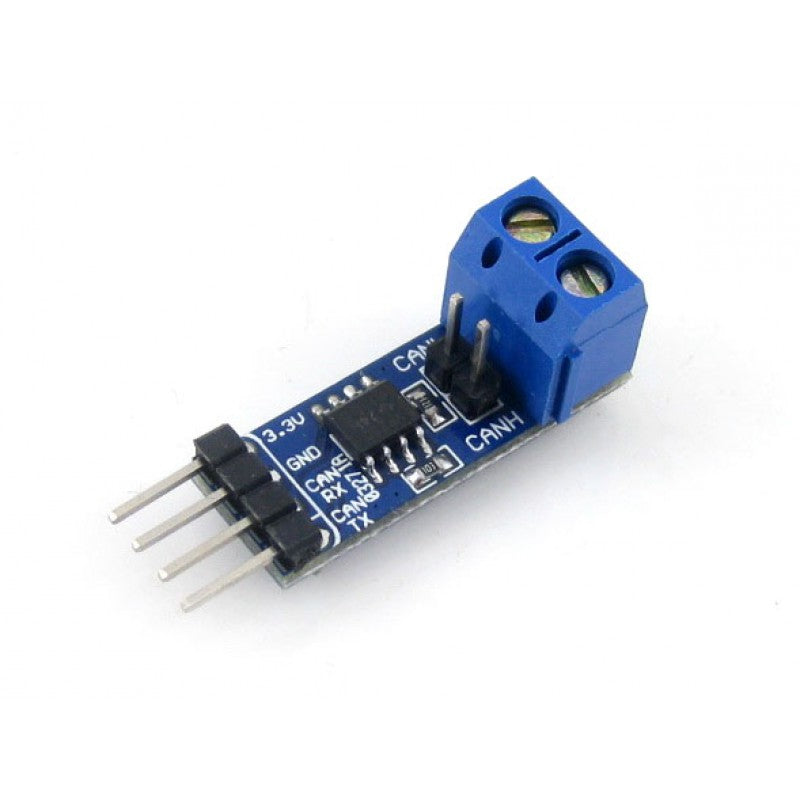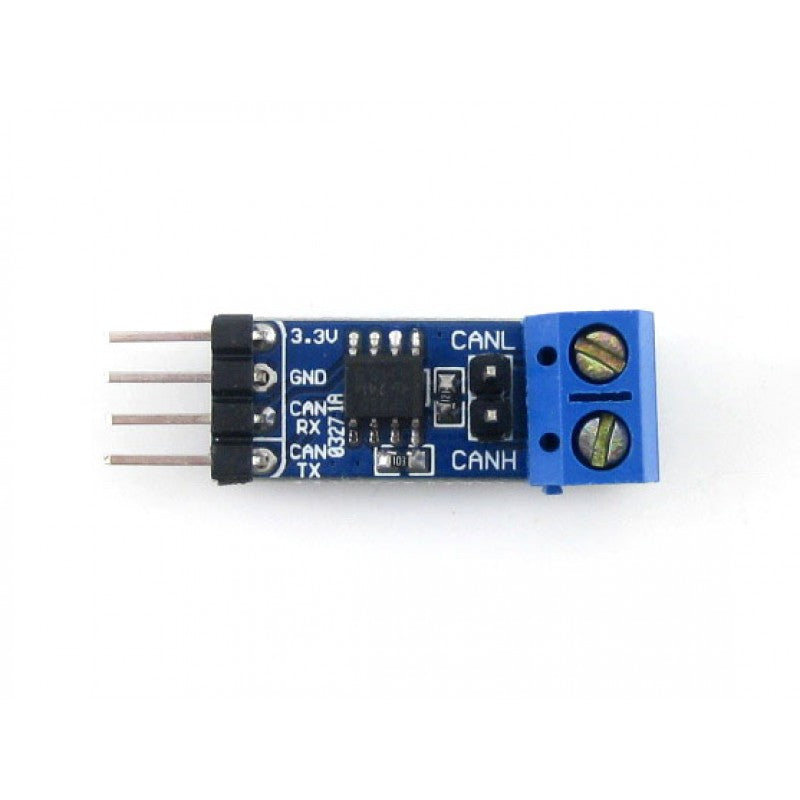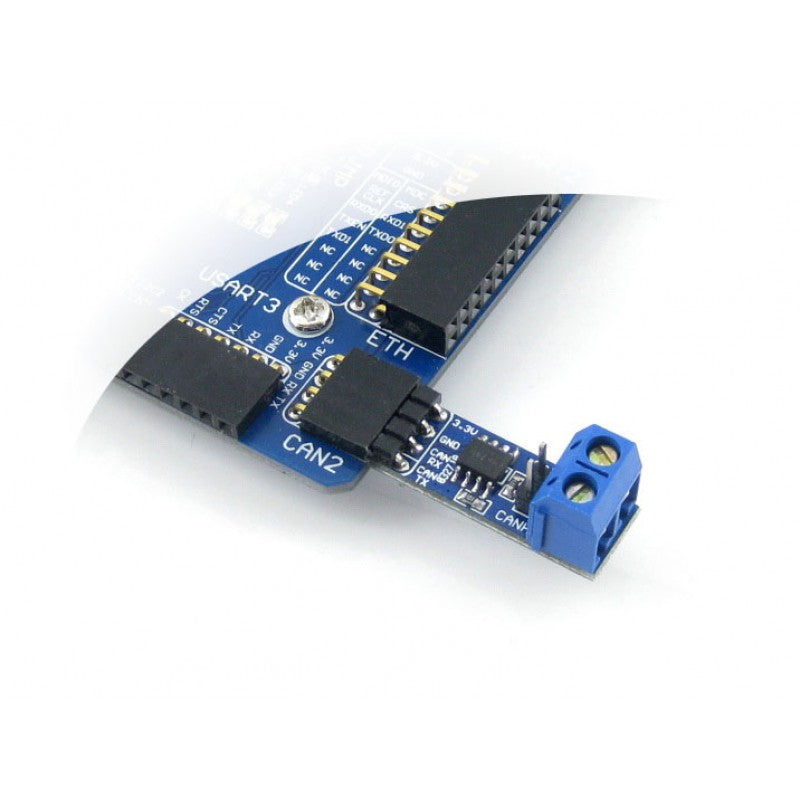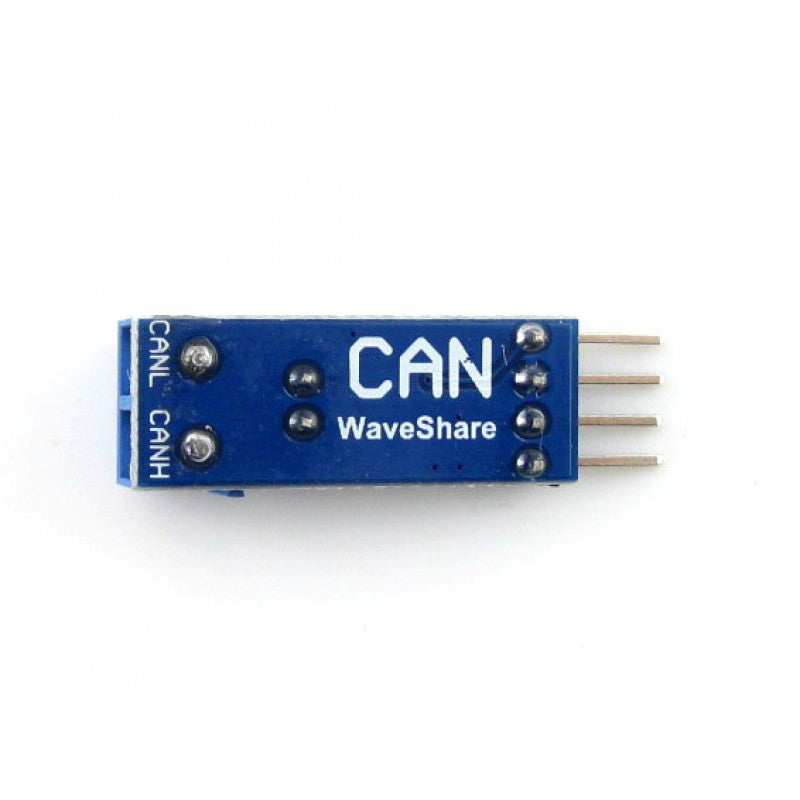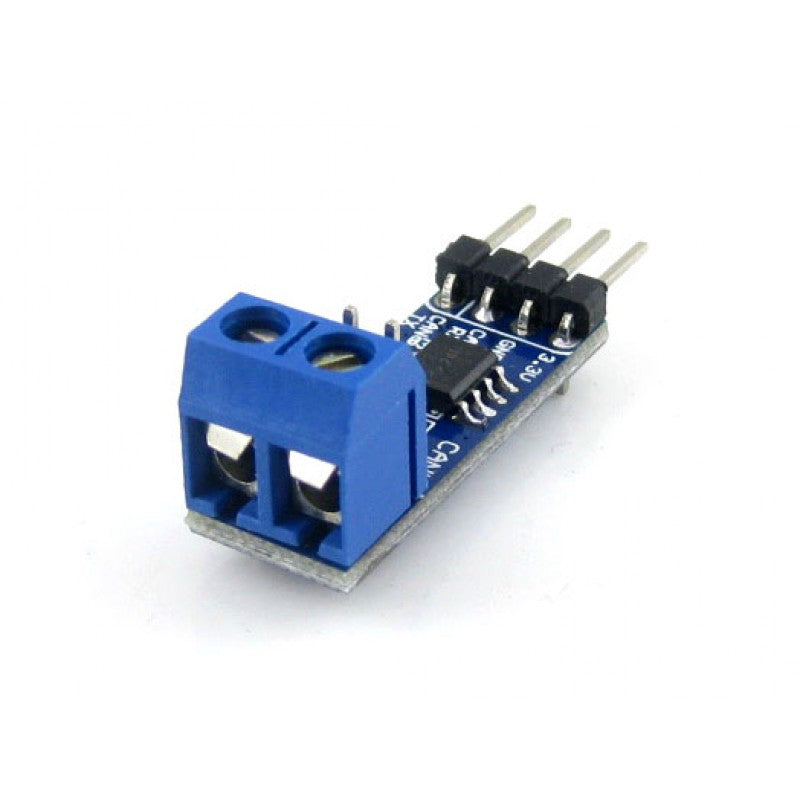Der SN65HVD230, SN65HVD231 und SN65HVD232 Controller Area Network (CAN)-Transceiver wurden für den Einsatz mit den Texas Instruments TMS320Lx240x™ 3,3-V-DSPs mit CAN-Controllern oder gleichwertigen Geräten entwickelt. Sie sind für den Einsatz in Anwendungen vorgesehen, die die serielle Kommunikations-Physikschicht gemäß dem ISO 11898-Standard nutzen. Jeder CAN-Transceiver wurde entwickelt, um die Differenzübertragungsfähigkeit auf den Bus und die Differenzempfangsfähigkeit auf einen CAN-Controller mit Geschwindigkeiten von bis zu 1 Mbps zu ermöglichen.
Für den Betrieb in besonders harschen Umgebungen konzipiert, bieten diese Geräte Kreuzschlussschutz, Schutz bei Verlust der Masse und Überspannungsschutz, Übertemperaturschutz sowie einen breiten Gleichtaktbereich. Der Transceiver verbindet den einseitigen CAN-Controller mit dem differentiellen CAN-Bus, der in industriellen Anwendungen, Gebäudeautomation und Automobilanwendungen verwendet wird. Er arbeitet über einen Gleichtaktbereich von -2 V bis 7 V auf dem Bus und kann Gleichtakttransienten von ±25 V widerstehen.
MERKMALE
- Betrieb mit 3,3-V-Versorgung
- Leistungsarmer Ersatz für den PCA82C250-Footprint
- Bus-/Pin-ESD-Schutz übersteigt 16 kV HBM
- Hoher Eingangswiderstand erlaubt 120 Knoten auf einem Bus
- Kontrollierte Treiberausgangs-Übergangszeiten für verbesserte Signalqualität beim SN65HVD230 und SN65HVD231
- Stromloser Knoten stört den Bus nicht
- Kompatibel mit den Anforderungen des ISO 11898-Standards
- Niedrigstrom-Standby-Modus des SN65HVD230: Typischerweise 370 µA
- Niedrigstrom-Schlafmodus des SN65HVD231: Typischerweise 40 nA
- Für Signalisierungsraten† bis zu 1 Megabit pro Sekunde (Mbps) entwickelt
- Überhitzungsschutz
- Ausfallsicheres Design bei offenen Schaltungen
- Glitch-freier Schutz beim Ein- und Ausschalten für Hot-Plugging-Anwendungen
ANWENDUNGEN
- Motorsteuerung
- Industrieautomation
- Basisstationssteuerung und -status
- Robotik
- Automobilindustrie
- USV-Steuerung
English Description
The SN65HVD230, SN65HVD231, and SN65HVD232 Controller Area Network (CAN) transceivers are designed for use with Texas Instruments TMS320Lx240x™ 3.3-V DSPs with CAN controllers, or equivalent devices. They are intended for applications utilizing the CAN serial communication physical layer according to the ISO 11898 standard. Each CAN transceiver is engineered to provide differential transmit capability to the bus and differential receive capability to a CAN controller at speeds up to 1 Mbps.
Designed for operation in especially harsh environments, these devices feature cross-wire protection, loss-of-ground and overvoltage protection, overtemperature protection, as well as a wide common-mode range. The transceiver interfaces the single-ended CAN controller with the differential CAN bus found in industrial, building automation, and automotive applications. It operates over a –2 V to 7 V common-mode range on the bus and can withstand common-mode transients of ±25 V.
FEATURES
- Operates with a 3.3-V supply
- Low-power replacement for the PCA82C250 footprint
- Bus/Pin ESD protection exceeds 16 kV HBM
- High input impedance allows for 120 nodes on a bus
- Controlled driver output transition times for improved signal quality on the SN65HVD230 and SN65HVD231
- Unpowered node does not disturb the bus
- Compatible with the requirements of the ISO 11898 standard
- Low-current SN65HVD230 standby mode: 370 µA typical
- Low-current SN65HVD231 sleep mode: 40 nA typical
- Designed for signaling rates up to 1 Megabit/Second (Mbps)
- Thermal shutdown protection
- Open-circuit fail-safe design
- Glitch-free power-up and power-down protection for hot-plugging applications
APPLICATIONS
- Motor control
- Industrial automation
- Base station control and status
- Robotics
- Automotive
- UPS control
Sicherheitsangaben
- Lesen Sie die Bedienungsanleitung sorgfältig durch, bevor Sie das Produkt verwenden.
- Stellen Sie sicher, dass alle Montage- und Installationsanweisungen des Herstellers sorgfältig befolgt werden.
- Verwenden Sie das Produkt nur für den vorgesehenen Zweck.
- Die unsachgemäße Nutzung dieses Produkts kann zu schweren Verletzungen oder Sachschäden führen.
- Nicht für Kinder unter 10 Jahren geeignet.
- Bei unsachgemäßer Verwendung besteht eine Verletzungsgefahr.
- Dieses Produkt entspricht den geltenden Sicherheitsanforderungen der Europäischen Union.
- Dieses Produkt wurde gemäß der GPSR geprüft, die sicherstellt, dass alle relevanten Sicherheitsanforderungen für Konsumgüter eingehalten werden.
Nachverfolgbarkeitsinformationen
Jedes Produkt verfügt über eines oder mehrere der folgenden Merkmale:
- Ein CE-Kennzeichen, das die Einhaltung der Sicherheits-, Gesundheits- und Umweltschutzanforderungen der Europäischen Union anzeigt.
- Eine eindeutige Serien- oder Chargennummer, um die Nachverfolgbarkeit zu gewährleisten und bei Bedarf Rückrufaktionen zu unterstützen.
- Hersteller- und Importeurangaben für den Kundensupport und Sicherheitsanfragen.
Überwachung und Berichterstattung von Vorfällen
Für den unwahrscheinlichen Fall eines Produktproblems haben wir Verfahren implementiert, um:
- Kundenbeschwerden zeitnah bearbeiten.
- Schwerwiegende Vorfälle über das EU Safety Gate/RAPEX-System melden.
- Mit den Marktüberwachungsbehörden zusammenarbeiten, um die öffentliche Sicherheit zu gewährleisten.
Kontakt:
- Email: support [@] pi3g.com
- Telefon: 0341 / 392 858 40
Dieses Produkt ist vollständig mit allen geltenden EU-Vorschriften konform, um die Sicherheit unserer geschätzten Kunden zu gewährleisten.

